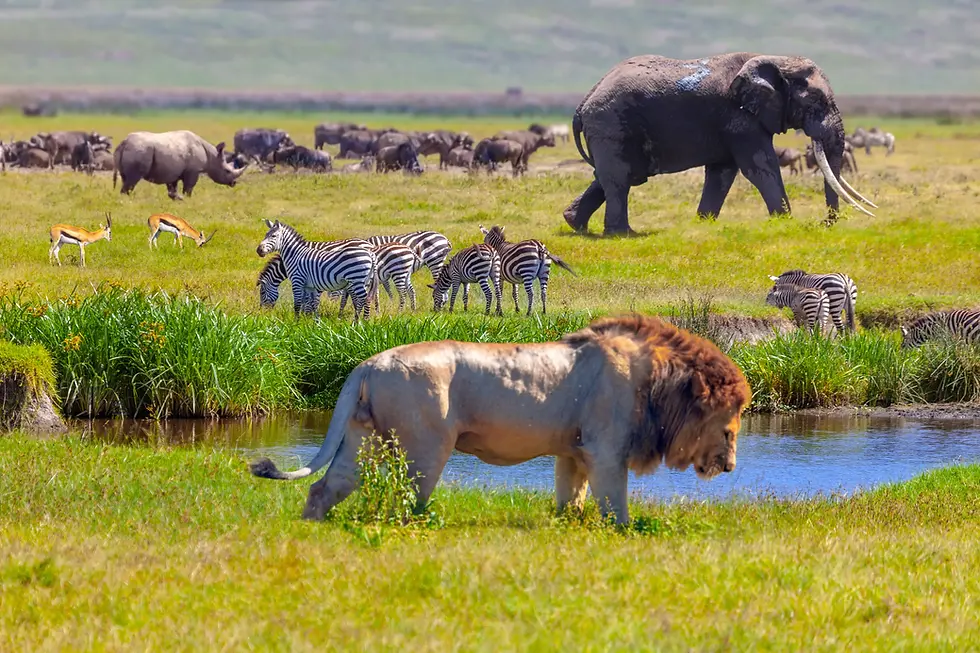Protect Our Coral Reefs
- Gowri Rayannavar
- Apr 22
- 2 min read
I remember getting on an airplane and waiting for the moment when we got to go snorkeling. We landed in Florida, and I would count down the days until I got into the ocean. On my third day there, I got to go snorkeling with my family. It felt like I was transported into another world. The different colors of the coral and the abundant fish swimming by were so unreal. I had never seen a more beautiful form of nature in my life. I still, to this day, fantasize about that day, but now I worry I might never get to see them again.
The coral reefs, also known as the “rainforests of the sea", are an underwater ecosystem that makes up 25% of marine life, even though they only cover 1% of the ocean floor. It provides food and shelter to a vast marine life species and even supports millions of people's livelihoods. It is important for many other reasons, including coastal protection, maintaining biodiversity, tourism, and even medicine. However, this structure that is essential to the health of the ocean ecosystems and life above the ocean is in danger due to human activities.
Coral bleaching is when corals are stressed by changes in conditions, and they expel the symbiotic algae living in their tissues, causing them to turn completely white. This bleaching causes corals to be more vulnerable to diseases and stress, which causes them to die faster. Though corals don't die immediately from the bleaching, they eliminate habitats for many species of life that depend on them. The main driver of this is climate change, a problem that only seems to get worse.
Many organizations and protection laws have taken the initiative to raise awareness and find solutions to combat the issues impacting the safety of the coral reefs. Some organizations most known for their work on coral reefs are NOAA Ocean Services, Coral Triangle Initiative, and Coral Restoration Foundation. Some laws and regulations made are the Fisheries Management Laws, the U.S. Coral Reef Conservation Act of 2000, and Australia’s Great Barrier Reef Marine Park Act of 1975. Though this does not ensure the health of coral reefs forever, it's one step closer to protecting the ecosystems in our world.
Works Cited:




Comments